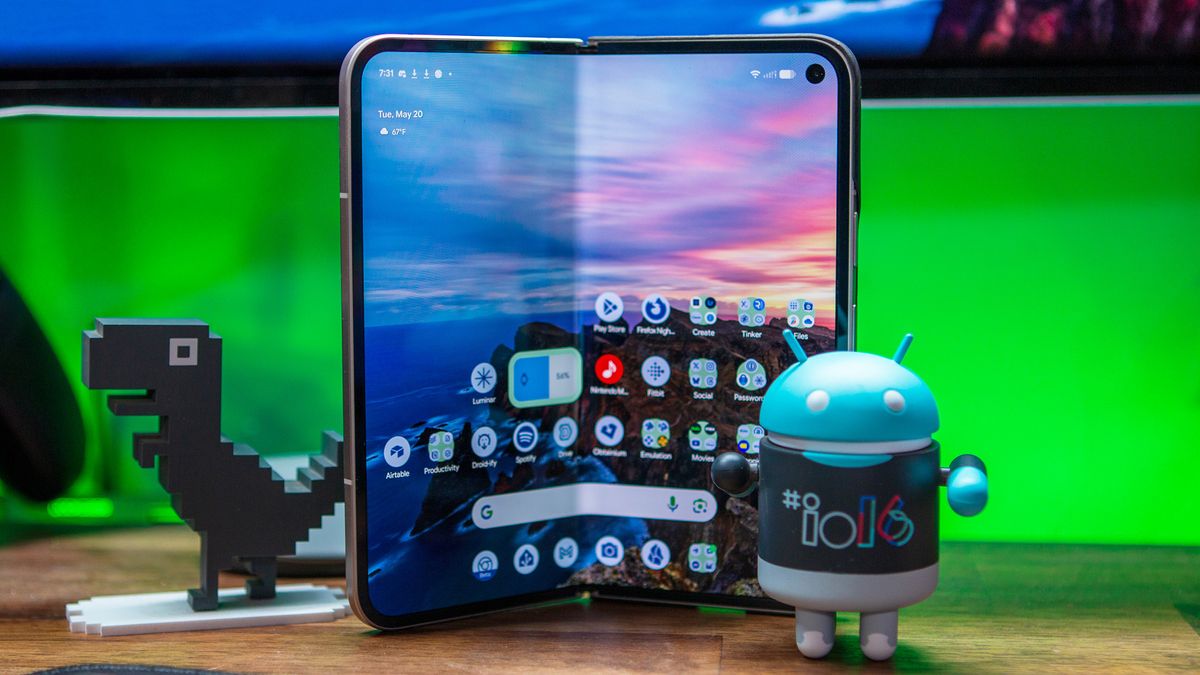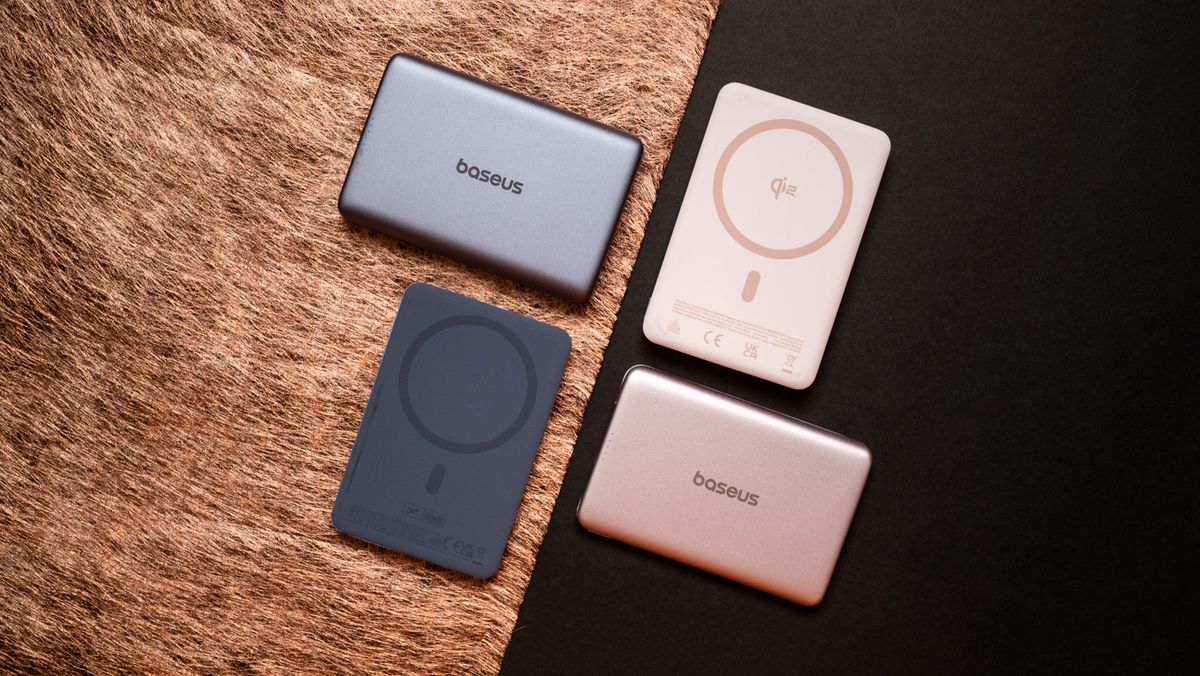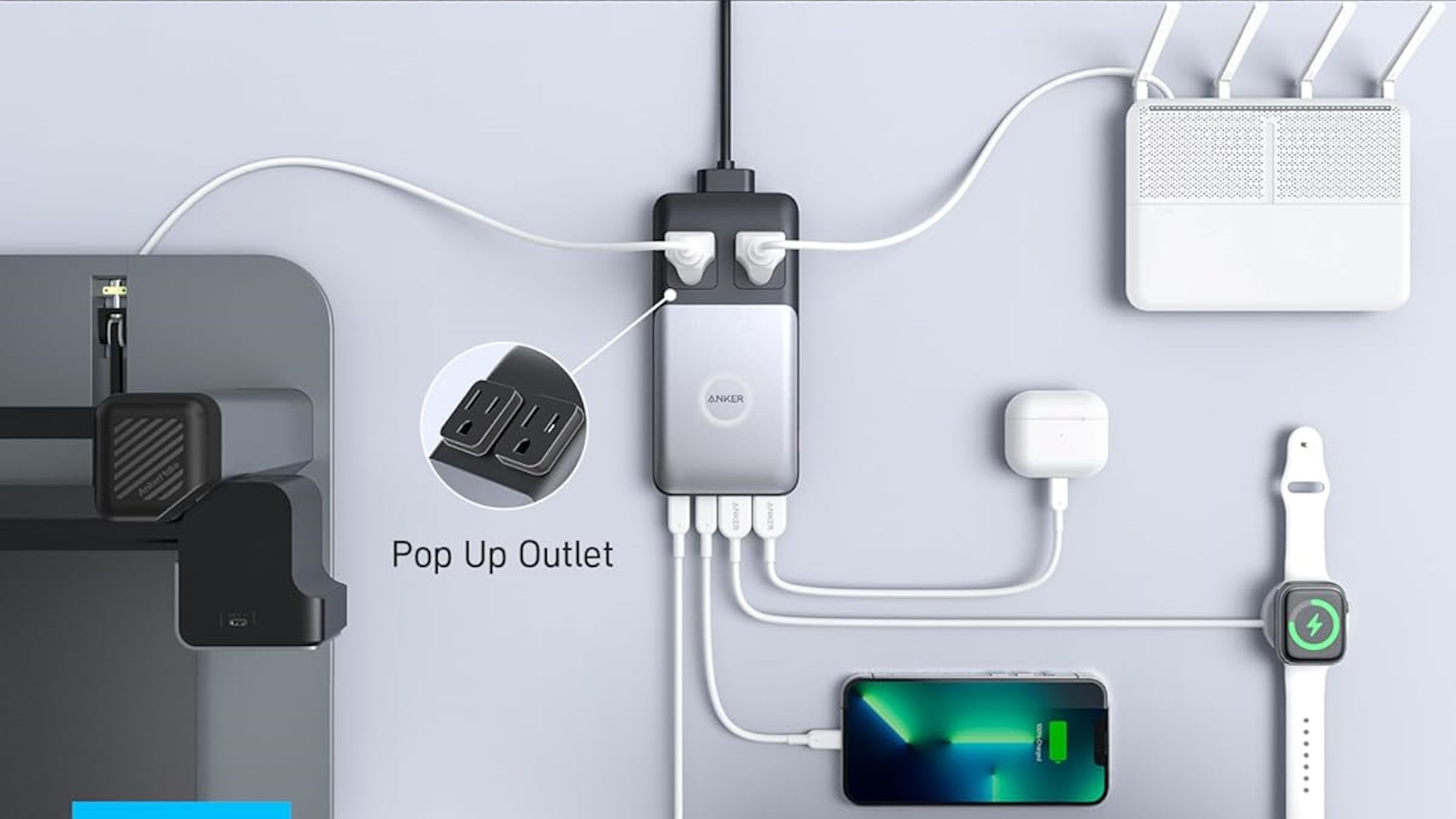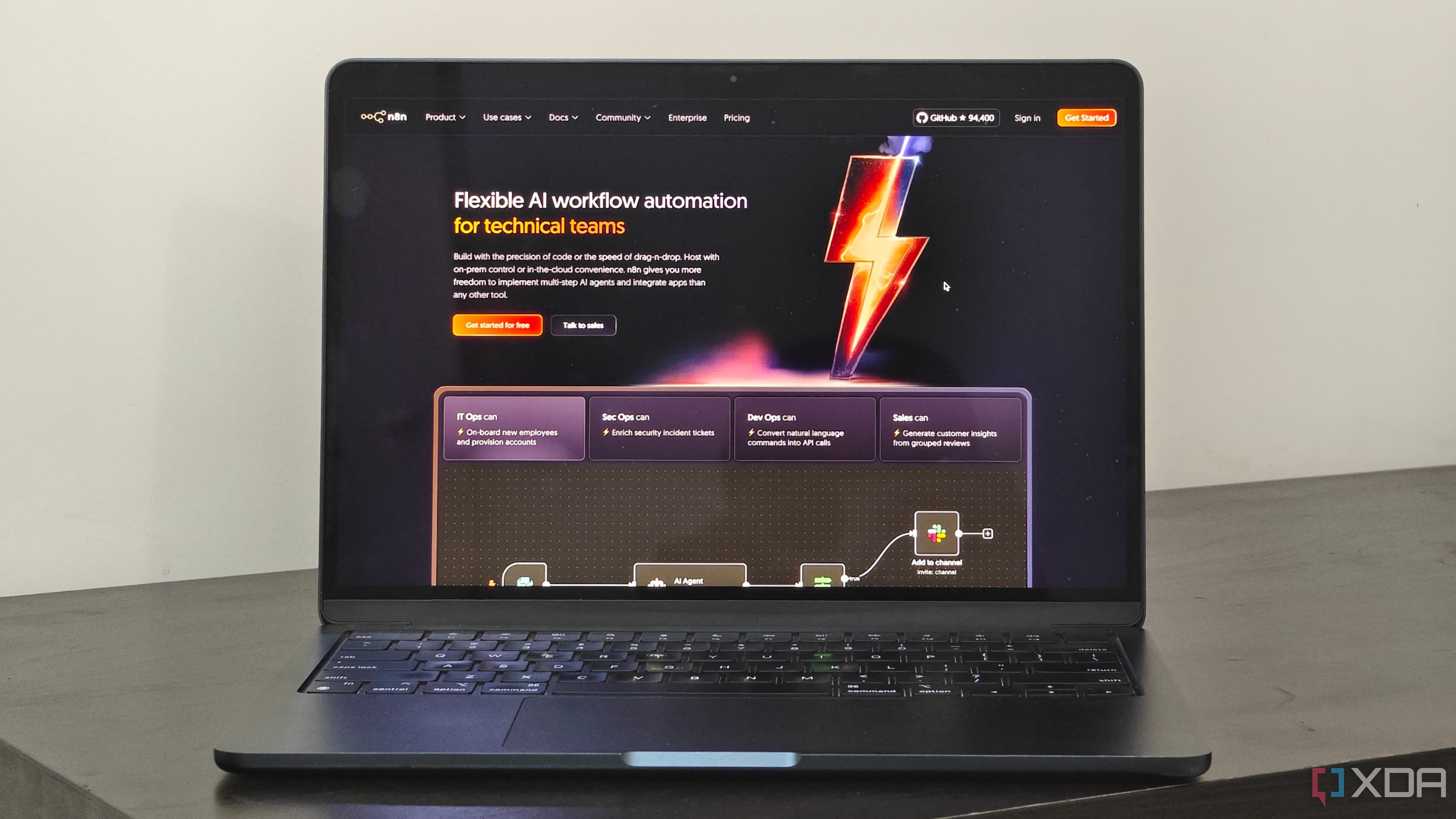The Federal Communications Commission has regained its authority to hold spectrum auctions and could use that power to take spectrum away from Wi-Fi networks and license it to mobile carriers AT&T, Verizon, and T-Mobile.
As we previously wrote, the Senate budget bill pitched by Ted Cruz (R-Texas) called for at least 800 MHz to be auctioned and allowed part of it to be taken from the 6 GHz band that's being used to boost speeds in the new generation of Wi-Fi networks. The House previously voted to exclude the entire 6 GHz band from spectrum auctions but ultimately adopted the Senate's language in a 218-214 vote when it approved the final budget bill on July 3. It was signed into law by President Trump on July 4.
The new law also allows spectrum to be taken from the Citizens Broadband Radio Service (CBRS), which goes from 3.55 to 3.7 GHz. While other spectrum bands could be targeted too, advocates say it would be hard for the FCC to fulfill the congressional mandate without taking spectrum from Wi-Fi, CBRS, or both.
The Wireless Internet Service Providers Association (WISPA), which represents small ISPs, said that "the vast majority of WISPA members employ CBRS and/or 6 GHz services to deliver broadband to their rural and under-resourced communities." WISPA said it's grateful for the new law's tax breaks but that these benefits are likely to be "offset by the package's stance on spectrum. More specifically, in its quest to generate revenues to pay for the legislation, it potentially puts CBRS and 6 GHz spectrum on the auction block at the FCC."
The 1,200 MHz between 5.925 and 7.125 GHz was allocated to Wi-Fi in April 2020 under then-FCC Chairman Ajit Pai. The Pai-led FCC rejected the mobile industry's requests to use the band for cellular networks, saying that making the entire 6 GHz available to Wi-Fi on an unlicensed basis would promote "more efficient and productive use of the spectrum" by helping Wi-Fi speeds keep up with rising home internet speeds.
Pai is now CEO of the CTIA, the major lobby group representing mobile carriers who want access to the 6 GHz band. Pai hailed the new law's passage in a statement.
"This critical legislation will fuel America's wireless networks with the spectrum needed to meet rapidly growing consumer demand and secure America's leadership in the industries and innovations of the future. And the tax provisions are vital to advancing infrastructure investment, creating jobs, and growing the economy," Pai said. "Particular thanks to President Trump, Senate Commerce Committee Chairman Ted Cruz, and House Energy and Commerce Committee Chairman Brett Guthrie for their bold vision and commitment."
CTIA Wants Upper Half of 6 GHz Band
A CTIA spokesperson told Ars recently that the "upper 6 GHz band is the next global 5G band" and that many countries are "using or planning to use at least the upper part of the band (6.425–7.125 GHz) for licensed commercial use." This indicates that the CTIA will be lobbying for a large chunk of 6 GHz to be allocated to mobile providers.
CTIA has repeatedly claimed that US carriers don't have enough spectrum to meet consumer demand, even though executives at major telecoms have told investors the opposite. AT&T's chief financial officer said last month that AT&T has "no pressing need" for more spectrum, but on Thursday the firm issued a statement saying the bill "creates a pipeline of midband spectrum that will help meet soaring consumer demand and keep the US technologically competitive with other countries."
.png)











 English (US) ·
English (US) ·